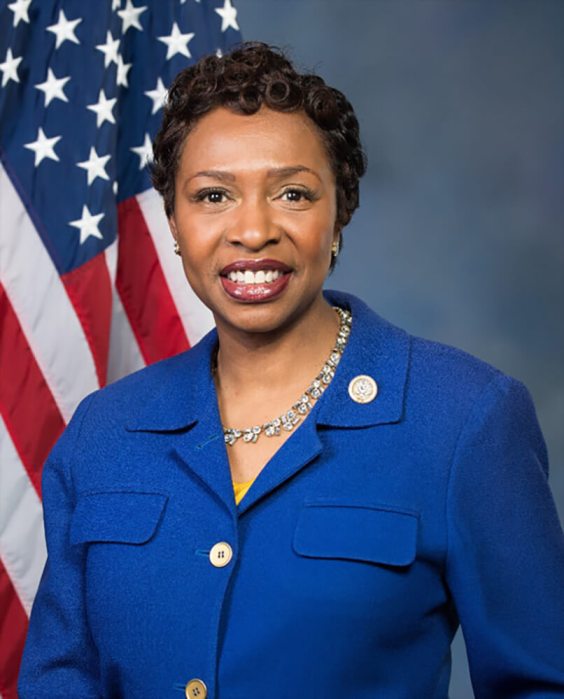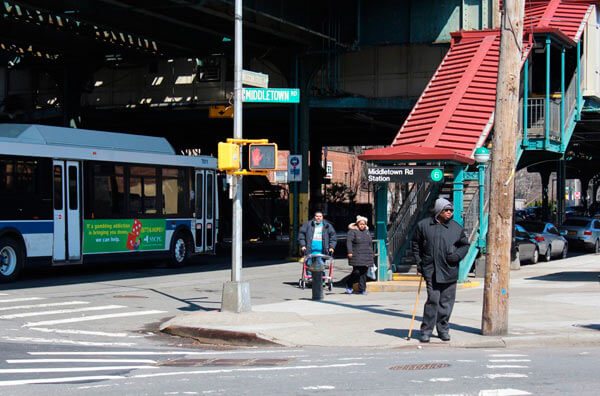Jamaicans at home and abroad say the political scandal over reputed drug lord Christopher “Dudus” Coke doomed the Jamaica Labor Party (JLP), according to a media report here.
The Miami Herald said that the JLP “paid dearly” at the Dec. 29 polls for the balking and admission months later of former Prime Minister Bruce Golding in “misleading Jamaicans” about the U.S.’ request for Coke’s extradition.
The paper said Golding’s eventual decision, in May 2011, to comply with the U.S. request set off days of rioting in Coke’s Kingston stronghold that left almost 80 people dead.
“In one of the most stunning election outcomes in the country’s history, Jamaicans overwhelmingly booted the JLP from power in favor of the opposition People’s National Party or PNP,” it said.
“Jamaicans were so angered by the Coke scandal that they refused — for the first time — to give a sitting government a second consecutive term. Not even a youthful Andrew Holness, who assumed control of the party from Golding two months ago, was able to sway voters,” it added.
“It is clear that we underestimated the devastating effect that the entire issue had on the image of the party,” the paper quoted Karl Samuda, a leader of the JLP as saying.
“The PNP was successful in keeping it in the forefront. They were able to create the perception that the JLP was less than reliable and untrustworthy,” he added.
Political analysts in Jamaica and abroad agree that the Coke scandal was the “major factor behind the ruling party’s crushing defeat,” the Herald said.
“The analysts, most of whom missed the electorate’s anger, also say the country’s stagnant economy contributed to the swing away from the JLP,” it added.
The paper said most analysts, leading to the vote, said the race was too close to call, adding that “some even predicted that the JLP would retain power.”
“The pollsters and pundits, myself included, miscalculated a few things,” said Ivelaw Lloyd Griffith, a Guyanese-born political science professor at York College of The City University of New York.
“One is the extent of the residual displeasure at the JLP over the Dudus affair. A second is the extent to which pocket book issues, such as jobs and the price of electricity, gas, and other basic commodities, dwarfed the gains on the crime front,” he added.
Jamaicans decided that they would no longer tolerate the ruling party, said Richard Crawford, a lecturer at the University of the West Indies in Kingston, according to the Herald.
“The people found them arrogant and disrespectful and that, combined with their social and economic reality, influenced their decision,” Crawford said.
The Herald said the result also reflected a strong anti-incumbency mood that has begun to show up in elections throughout the Caribbean.
In the past two years, it said ruling parties were booted from office in Trinidad and Tobago, St. Lucia and Haiti, “and forced to share power in Guyana.”
“The Jamaican and St. Lucian results suggest that electorates have very little tolerance for the status quo if there are no demonstrable gains in bread and butter issues, such as economics and crime,’’ said Griffith, an expert on Caribbean politics. “The ruling party in the Bahamas needs to take note.”
The paper said the return of PNP leader Portia Simpson Miller, 66, as prime minister, gives Jamaica a “fresh opportunity to jumpstart the economy and improve relations with the country’s growing Diaspora.”
It said the PNP helped form one of the largest Diaspora movements in 2004, but said the effort stalled in recent years under JLP leadership.
In Miami, the Herald said many Jamaican Americans said they were optimistic about helping to contribute to the country’s future.
“I feel very good because the new prime minister mentioned us in her (victory) speech,” said Susan Davis, Jamaican Diaspora Advisory Board member for the Southern United States.
Davis said she plans to request at a Diaspora meeting in Jamaica next month that the government be more engaged in helping to strengthen alliances among the various Jamaican Diaspora groups.
“In the past couple of years, there hasn’t been as much support from the government,” Davis said. “I would like to think that having started it (the Diaspora movement), the PNP would want to move it forward.”




















